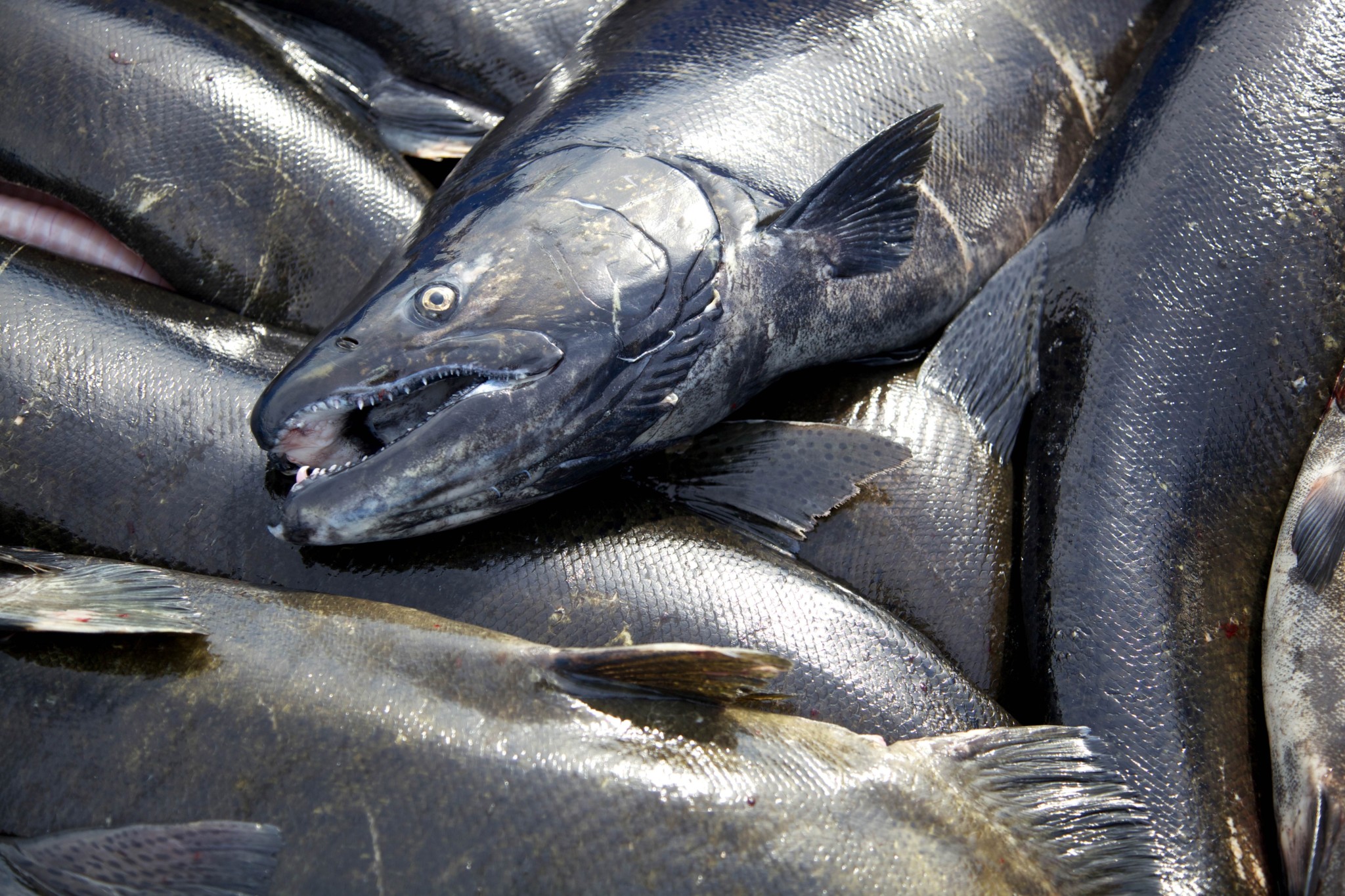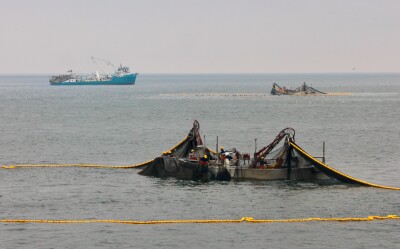2018 season looks bleak
California salmon trollers experienced one of their worst seasons since in 2008 and 2009, when stocks were so weak the fishery faced extreme closures, and the prognosis for the 2018 season isn’t much better.
According to Noah Oppenheim, executive director of the Pacific Coast Federation of Fishermen’s Associations in San Francisco, the shortage of fish in the 2017 season drove ex-vessel prices skyward as buyers lined up to secure supplies for restaurants and other retail outlets.
“By all accounts, it was only prices that kept guys from swinging from the rafters,” said Oppenheim.
As the season progressed with a preliminary harvest of around 547,000 pounds for California, ex-vessel prices for troll-caught kings rose past $8 per pound, with some buyers offering $9 or even higher. Despite bidding wars among buyers, the fleet revenues crunched out to just under $4.6 million — a far cry from 2013, when a harvest of around 4.3 million pounds at an average $5.29 per pound put revenues at more than $23 million.
California’s extreme weather patterns may determine the fate of future runs and harvests. While the latent effects of drought conditions on the Sacramento River and its upriver hatcheries in the past few years have been blamed for this year’s shortfall, the torrential rains in autumn of 2017 provided enough water in the river to ensure that a healthy number of king smolts made it back to sea.
“We had good smolt survival,” said Oppenheim, “and juveniles made it out to sea.”
The new launch of young kings could find themselves swimming in favorable ocean conditions for survival and food portends of healthier runs in three to four years.
The outlook for the 2018 season, however, is not so good, said Oppenheim.
Farther north, in Washington, the prospects for profitable king and silver salmon fisheries look equally bleak. West Coast political heads attempted to garner disaster relief funds for beleaguered fishermen following catastrophic salmon returns in 2016, but the funding failed to fly as part of the $1.2 trillion congressional budget.
Oppenheim said the fleet requested financial relief again for the 2017 fishery, but the industry isn’t holding its breath that the money will come anytime soon.
“We’ll have to work hard to finesse a season out of some poor to middling [harvest projections],” said Oppenheim. “Luckily, the people are scrappy.”







